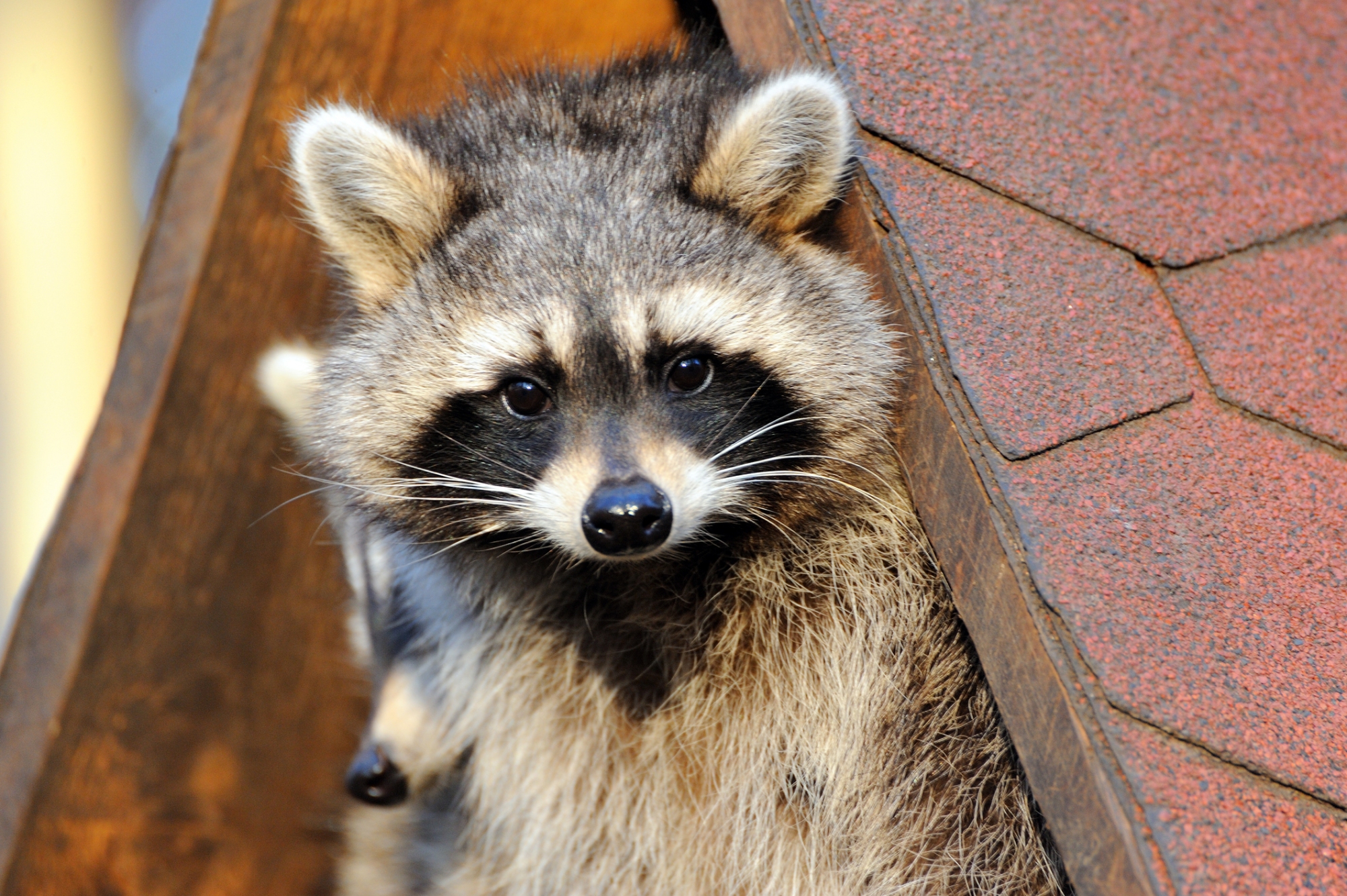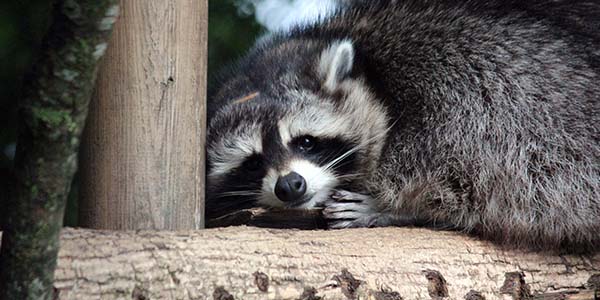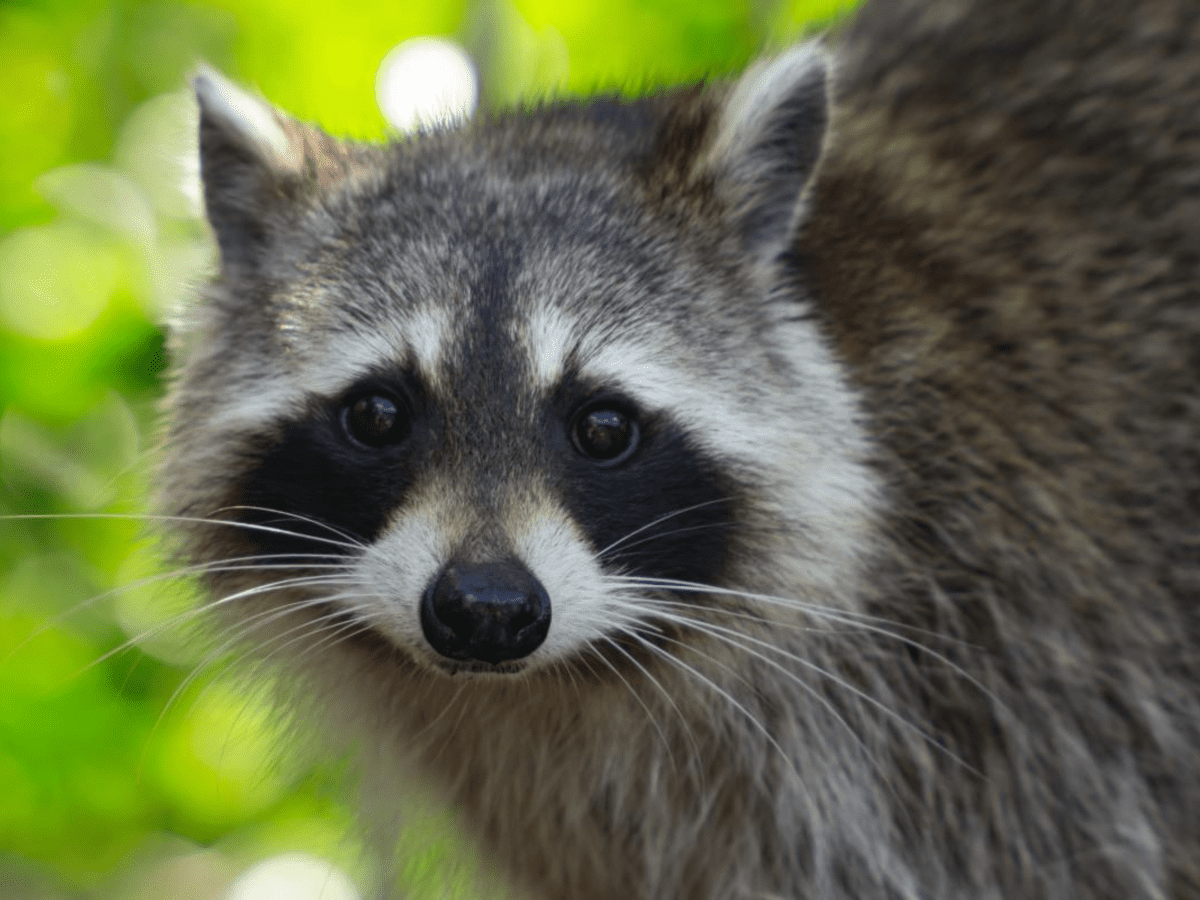How Long Do Raccoons Live? Raccoons live for about 2-3 years in the wild and up to 20 years in captivity. Their lifespan varies depending on factors such as predators, diseases, and food availability.
Raccoons, scientifically known as Procyon lotor, are medium-sized mammals native to North America. They are easily recognizable by their distinctive facial mask and ringed tail. Raccoons are highly adaptable and can thrive in various habitats, including forests, urban areas, and marshes.
These intelligent creatures are omnivorous and opportunistic feeders, consuming a diverse diet that includes fruits, nuts, insects, small mammals, and human food scraps. Known for their dexterity and problem-solving abilities, raccoons are often considered pests due to their habit of raiding garbage bins and causing property damage. Despite their nuisance behavior, raccoons play a crucial role in controlling insect and small mammal populations.
Introduction To Raccoon Lifespan
Raccoons are fascinating creatures known for their adaptability and intelligence. Understanding their lifespan sheds light on their behavior and ecological impact.
Setting The Scene
Raccoons’ lifespan can vary widely depending on various factors.
Why Lifespan Varies
- Raccoons in the wild face more challenges than those in captivity.
- Availability of food sources and shelter impact their longevity.
- Genetic factors play a role in determining raccoons’ lifespan.

Credit: www.trutechinc.com
In The Wild: Survival And Challenges
How Long Do Raccoons Live? Raccoons typically live 2-3 years in the wild, facing threats like predators, diseases, and harsh weather conditions. Despite these challenges, some raccoons can survive up to 5 years by adapting their behaviors and finding ample food sources.
Raccoons are known for their adaptability and intelligence, allowing them to survive in various environments. However, living in the wild comes with its own set of challenges, including predators and threats that can affect their lifespan. Let’s take a closer look at some of these challenges and how they impact raccoons in their natural habitat.
Predators And Threats
Raccoons face a variety of predators in the wild, including coyotes, foxes, and bobcats. These animals can pose a significant threat to raccoons, especially young ones. In addition to predators, raccoons are also susceptible to diseases such as rabies, distemper, and mange. These diseases can weaken their immune system and make them more vulnerable to other threats.
Natural Lifespan Expectancy
On average, raccoons live up to 2-3 years in the wild. However, some can live up to 5 years or more. The lifespan of a raccoon depends on various factors such as availability of food, shelter, and the presence of predators. In areas where food is scarce or predators are abundant, raccoons may have a shorter lifespan. To survive in the wild, raccoons have developed various skills such as foraging for food, climbing trees, and swimming.
They also have a keen sense of smell, which helps them locate food and avoid danger. Despite the challenges they face, raccoons have shown remarkable resilience and continue to thrive in many parts of the world. In conclusion, raccoons have a natural lifespan of 2-3 years in the wild, but this can vary depending on various factors such as predators, diseases, and availability of food and shelter. By adapting to their environment and developing survival skills, raccoons have managed to overcome many challenges and remain a fascinating species to study.
Urban Raccoons: Adapting To City Life
Urban raccoons have adapted remarkably well to city life, showcasing their resilience and ability to thrive in urban environments. With their resourcefulness and adaptability, these clever creatures can live for up to 12 years, making the most of their urban surroundings.
Urban areas are not the natural habitat of raccoons, yet these clever creatures have learned to adapt to city life. The lifespan of raccoons varies depending on their environment, diet, and other factors. However, urban raccoons tend to have a shorter lifespan due to the hazards and challenges they face in the city. In this post, we will explore the lifespan of raccoons and how they navigate human environments while dealing with hazards and human interactions.
Navigating Human Environments
Raccoons are known for their adaptability, and they have found ways to thrive in urban environments. They are intelligent creatures that have learned to navigate the complex human environment, using their problem-solving skills to find food and shelter. Raccoons have a keen sense of smell and can detect food from a distance. They can also climb trees, buildings, and fences to access food and shelter.
Hazards And Human Interactions
Urban raccoons face many hazards and challenges in the city. One of the most significant hazards is traffic, which can result in fatal accidents. Raccoons are also vulnerable to diseases that can be transmitted by other animals or humans. They may also encounter human traps or poisons that can be deadly. Human interactions can also be a challenge for urban raccoons. While some people find raccoons fascinating and even feed them, others consider them pests and may harm or kill them.
This can lead to conflicts between humans and raccoons, and sometimes even result in the relocation or euthanasia of raccoons. In conclusion, raccoons have adapted to urban environments and have learned to navigate human environments while dealing with hazards and human interactions. However, they face many challenges and hazards in the city, which can affect their lifespan. It is important to understand the behavior of raccoons and take steps to coexist with them peacefully.
Reproduction And Lifespan
Raccoons are fascinating creatures known for their adaptability and intelligence. Understanding their reproduction habits and lifespan can provide valuable insights into their population dynamics and longevity.
Mating Habits
Raccoons typically reach sexual maturity at around one year of age. The mating season for raccoons usually occurs between January and June, with peak activity during February and March. During this time, both male and female raccoons engage in various mating behaviors.
Male raccoons often compete for the attention of females by engaging in ritualized fights or vocalizations. Once a male has successfully courted a female, they engage in copulation, which typically lasts for a few minutes. It is not uncommon for multiple males to mate with the same female, resulting in litters with mixed paternity.
After mating, female raccoons undergo a gestation period of approximately 63 days. They then give birth to a litter of two to seven kits, with the average litter size being four. The kits are born blind and deaf, relying solely on their mother for warmth, protection, and nourishment.
Impact On Population Longevity
The reproductive habits of raccoons play a significant role in their population dynamics and longevity. The ability of females to produce multiple litters each year contributes to the raccoon population’s growth potential.
Raccoons have a relatively high survival rate, with mortality rates highest during the first year of life. However, once they reach adulthood, raccoons can live up to 12 years in the wild. Factors such as predation, disease, and human interference can influence their overall lifespan.
The adaptability of raccoons to various habitats and their omnivorous diet also contribute to their population longevity. Their ability to thrive in urban areas and exploit human resources has resulted in increased survival rates and population expansion.
Understanding the reproduction habits and lifespan of raccoons not only provides fascinating insights into their biology but also aids in managing their populations in urban and natural environments.
Diet And Nutrition: Keys To Longevity
Raccoons are known for their adaptability and resourcefulness, and these traits also extend to their diet and nutrition. Understanding the foraging tactics and the effects of diet on their health is crucial to understanding the longevity of these fascinating creatures.
Foraging Tactics
Raccoons are opportunistic omnivores, meaning they will eat just about anything they can get their paws on. Their natural curiosity and dexterous front paws allow them to forage through a variety of environments, including urban areas, searching for food.
Effect Of Diet On Health
Raccoons’ diet plays a significant role in their overall health and longevity. A well-rounded diet consisting of fruits, vegetables, nuts, insects, small mammals, and even human food scavenged from garbage helps them thrive in diverse habitats. However, a diet high in processed or unhealthy foods can lead to health issues and a shorter lifespan.

Credit: pensacola.aaacwildliferemoval.com
Health Concerns And Disease
Raccoons are known to be resilient creatures, adapting well to various environments. However, just like any other animal, they are susceptible to health concerns and diseases. It is important to understand the common illnesses that raccoons may encounter and the availability of veterinary care for them.
Common Illnesses
Raccoons can suffer from a range of common illnesses, which can affect their overall health and lifespan. These include:
- 1. Distemper: A viral disease that affects the respiratory, gastrointestinal, and nervous systems of raccoons. It can lead to symptoms such as coughing, diarrhea, and seizures.
- 2. Rabies: A viral disease that affects the central nervous system, causing aggression, disorientation, and paralysis. Rabies is a serious concern as it can be transmitted to humans.
- 3. Parasites: Raccoons can be hosts to various parasites such as fleas, ticks, and roundworms. These parasites can cause discomfort and lead to other health issues.
- 4. Bacterial Infections: Raccoons can contract bacterial infections, including leptospirosis, which can affect their liver and kidneys.
Access To Veterinary Care
When it comes to raccoon healthcare, access to veterinary care can be challenging. Unlike domestic pets, raccoons are considered wild animals, and finding specialized veterinary clinics that cater to their needs can be difficult.
However, there are wildlife rehabilitation centers and animal control agencies that may provide limited veterinary care for injured or sick raccoons. These organizations typically prioritize the well-being of raccoons, aiming to rehabilitate them before releasing them back into their natural habitat.
If you encounter a raccoon that appears to be sick or injured, it is best to contact your local animal control agency or wildlife rehabilitation center for guidance. They can provide advice on how to handle the situation safely and direct you to the appropriate resources for the raccoon’s care.
Remember, it is important to avoid attempting to care for a sick or injured raccoon on your own, as they may carry diseases or become aggressive when feeling threatened.
In conclusion, while raccoons can face health concerns and diseases, there are resources available for their care. Understanding the common illnesses they may experience and knowing where to seek veterinary assistance is crucial in ensuring their well-being.
Conservation Efforts And Their Impact
Protecting Habitats
Raccoons benefit from protected natural habitats.
Conserving green spaces aids in their survival.
Rehabilitation And Release Programs
Programs help injured raccoons recover and return to the wild.
Efforts focus on nurturing orphaned or sick raccoons.

Credit: pethelpful.com
Comparing Lifespans: Raccoons Vs. Other Wildlife
Raccoons have an average lifespan of 2-3 years in the wild. This is significantly shorter than many other wildlife species, such as squirrels and rabbits, which can live up to 8-10 years. Understanding the differences in lifespan can provide valuable insights into the behaviors and ecology of these animals.
Similar Sized Mammals
Raccoons live approximately 2-3 years in the wild.
Adaptability And Survival Skills
Raccoons excel at adapting to various environments.
| Animal | Average Lifespan |
|---|---|
| Raccoon | 2-3 years |
| Opossum | 2-4 years |
| Skunk | 2-4 years |
- Raccoons live 2-3 years in the wild.
- They are adaptable and have excellent survival skills.
- Raccoons adapt to various environments effectively.
- They can thrive in urban and rural settings.
Conclusion: Reflecting On Raccoon Resilience
Coexisting With Humans
Raccoons adapt well to urban areas due to habitat loss.
They are drawn to human environments for food and shelter.
- Raccoons scavenge from trash cans for easy meals.
- Securing garbage bins can reduce human-raccoon conflicts.
Future Prospects For Raccoon Populations
Raccoons’ resilience aids in their population growth.
They have adaptable diets and reproductive capabilities.
| Factor | Impact |
|---|---|
| Climate change | Alters habitats and food availability. |
| Human activities | Impact on habitat and resources. |
Frequently Asked Questions
How Long Do Raccoons Live In The Wild?
Raccoons typically live for 2-3 years in the wild, although some can survive up to 5 years. Their lifespan is influenced by factors such as food availability, predation, and disease.
What Is The Average Lifespan Of A Raccoon In Captivity?
In captivity, raccoons can live for up to 20 years when provided with proper care, nutrition, and a safe environment. This extended lifespan is due to the absence of natural predators and access to consistent food and healthcare.
What Are The Factors That Influence A Raccoon’s Lifespan?
A raccoon’s lifespan is affected by various factors, including food availability, environmental conditions, predation, and disease. Access to suitable shelter, water sources, and the presence of human activity can also impact their longevity.
Conclusion
Understanding the lifespan of raccoons is crucial for both wildlife enthusiasts and those dealing with potential raccoon issues. With an average lifespan of 2-3 years in the wild and up to 20 years in captivity, raccoons have adapted to survive in various environments.
By learning about their lifespan, we can better appreciate these fascinating creatures and make informed decisions when it comes to their conservation and management. Remember, raccoons may be cute and curious, but they also play an important role in our ecosystems.